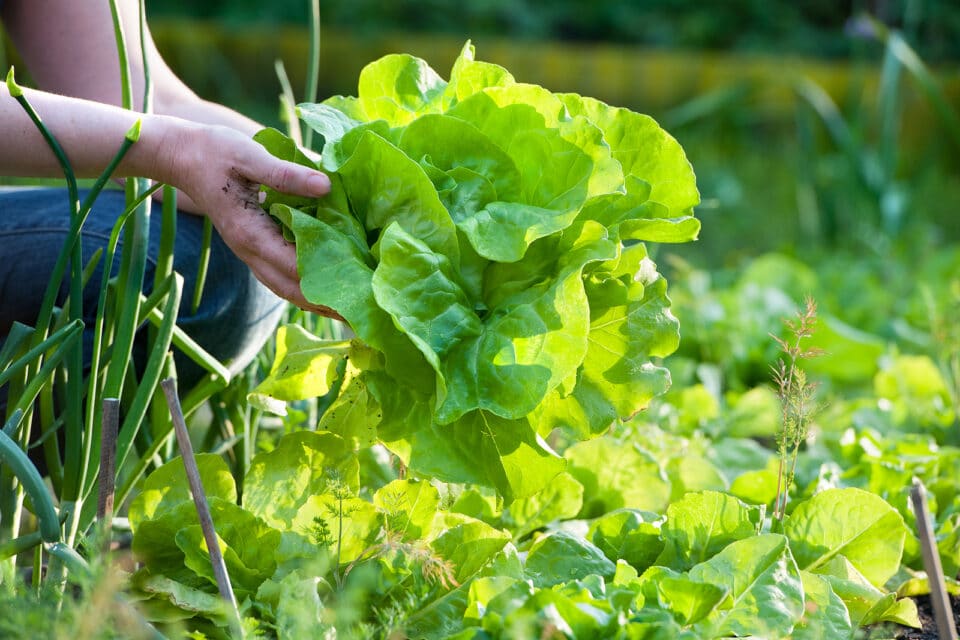This feature is brought to you by Chester County Hospital, which offers so much more than medical services and treatments. Explore its extensive community wellness and education resources, such as screenings, educational classes, Weight Matters, an eight-week weight loss program, nutrition counseling and more.
Even with an organized shopping list in hand, a visit to the grocery store can still be filled with distractions. There’s the overhead music, clever product placement, live-product demos and seductive lighting on certain products — all factors that can derail the best intentions for making heart-healthy purchases that support good cardiac health.
According to Kimberly Knipe, registered dietitian and coordinator of community nutrition and outreach at Chester County Hospital, “Our team sees many patients who think they are making wise choices to support the pillars of a heart-healthy diet, which are essentially low-fat and lots of leafy green vegetables, whole grains and leaner cuts of meat and fish.” But some patients admit to making choices that “looked good,” but the choices don’t actually score high marks when it comes to nutrient density.

Knipe and her team developed a list of foods that often create confusion for patients — the front of a package tries to persuade the shopper that it’s heart-healthy, while the ingredient list on the back reveals a much different story.
Below are five of the sneaky culprits — choices that appear to be heart healthy, when in reality it’s wise to proceed with caution:
1. Coconut Oil
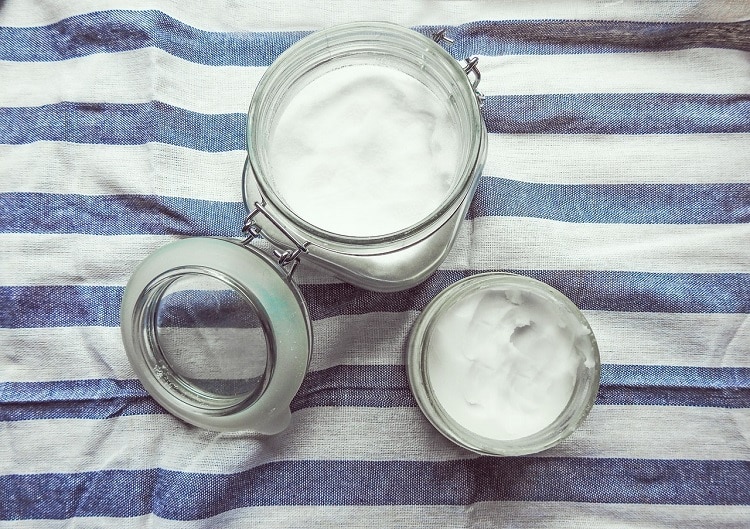
Knipe explains that some people may want to use this trendy plant-based fat with reckless abandon. She suggests “budgeting” it with other saturated fats. If you’re going to use coconut oil, it’s a best practice to substitute it for other foods that might be high in saturated fat, like bacon grease or butter. Continue using olive oil or nut butters as heart-healthy options instead.
2. Breakfast Cereals & Instant Oatmeal
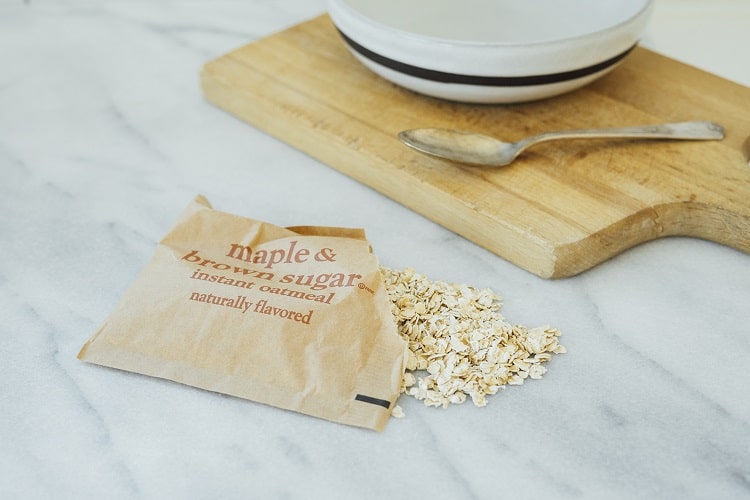
The front of many cereal and instant oatmeal boxes tout “heart-healthy” benefits. But, all too often, those products are loaded with added sugars, salt and refined grains. A much better bet for your ticker is old-fashioned oatmeal or a whole-grain cereal without the added sugar or salt.
3. Natural Sweeteners
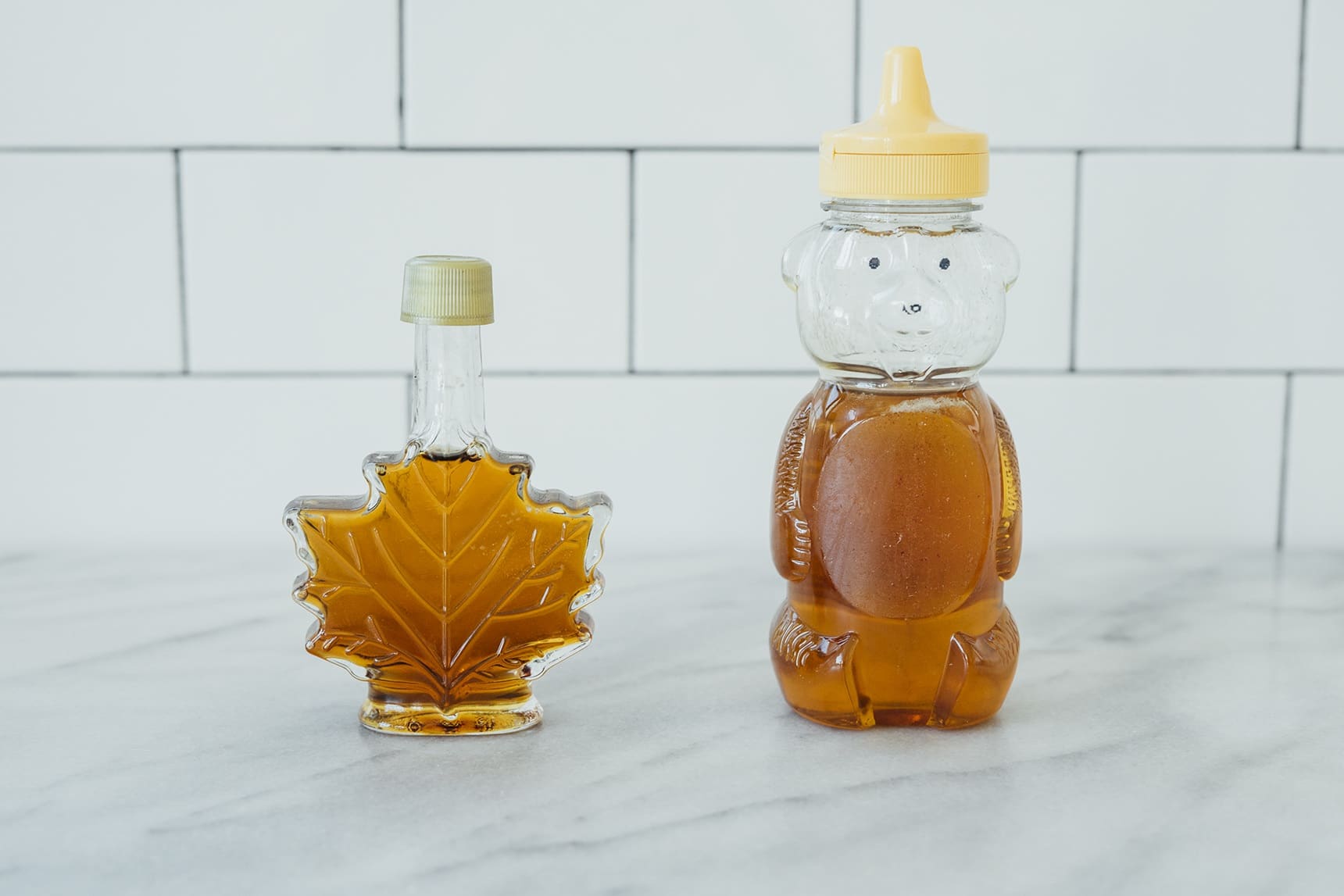
Knipe reminds us that honey, agave and maple syrup, while not as refined as granulated sugar, are indeed still sugar, and should be be used in small amounts. Studies show that too much sugar can elevate triglycerides and promote obesity.
4. Sea Salt
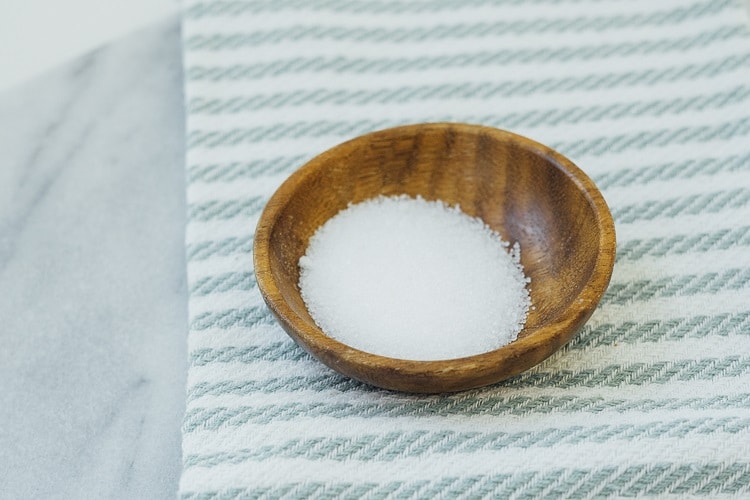
Take it with a grain of salt: “Salt is salt.” Generally, says Knipe, “using sea salt is a culinary choice.” Though it may offer more trace minerals and “sound” healthy, sea salt is still a risk for those who need to limit their sodium intake. The same principal holds true for soy sauce and tamari. Just step away from the shaker!
5. Juice
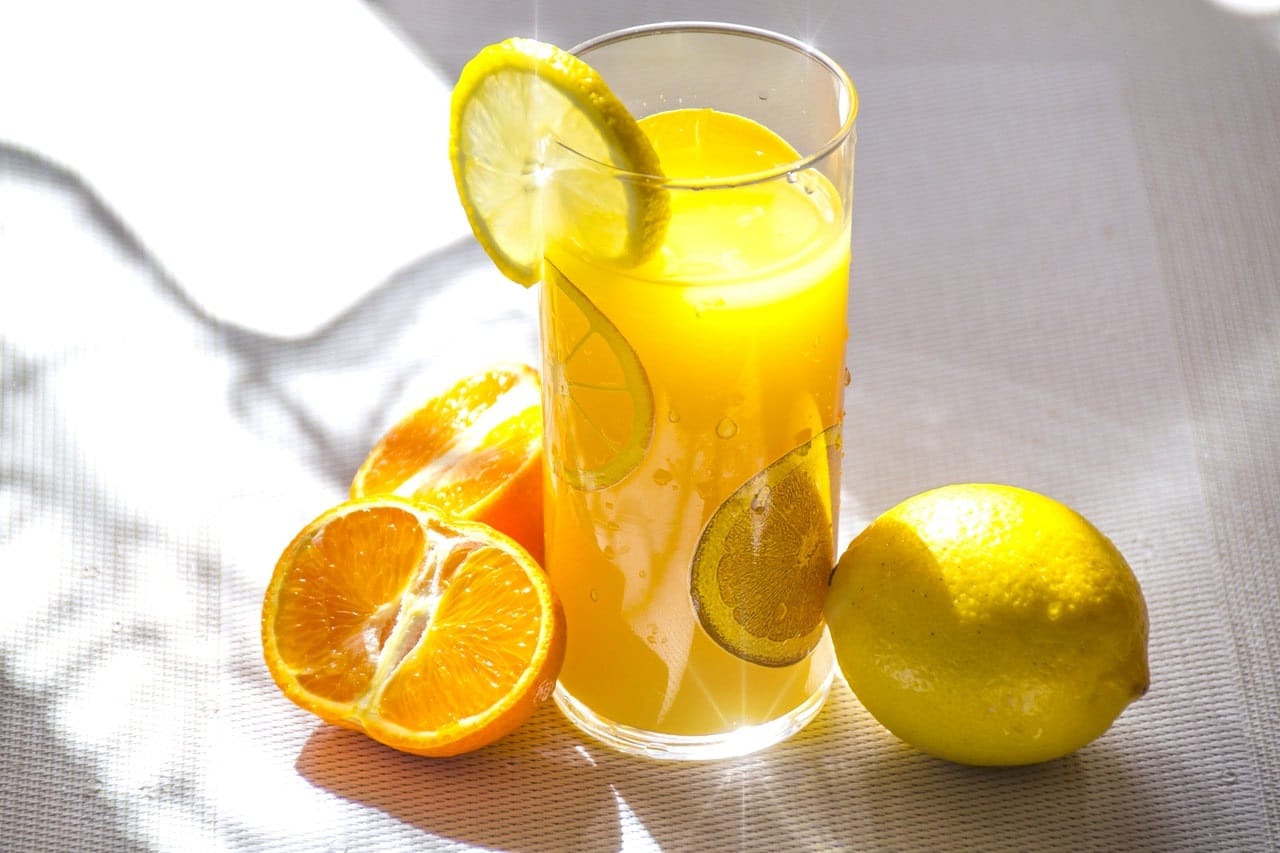
When you drink 100% fruit or even fruit and vegetable juice, you might think you are making a healthy choice, and chug a large glass of it every day. In reality, eating the fruit or vegetable is a much better option. The process of making juice leaves behind all of the heart-healthy and filling fiber, but keeps the natural sugars. Enjoy no more than 4 ounces a day of 100% juice. And, while we’re talking about fruit juice, red wine is only a healthy option if you limit your daily intake to one, 4-ounce serving for women and one or two 4-ounce servings for men.
These are just a few food sources that are not considered heart-healthy. Take a look in the kitchen cabinets and give some thought to healthier substitutes.
How’s Your Heart Health?
Curious about how your own heart health is ticking along? The Heart Tracks Cardiac Risk Assessment is an online tool that compares your actual age to your heart’s biological age and estimates your risk of heart disease. Knipe suggests that you give it a try and see how you measure up!
The hospital prescribes the “DASH Diet” for its cardiac patients, an eating pattern aimed at preventing and controlling high blood pressure. The DASH Diet (which stands for Dietary Approaches to Stop Hypertension) is rich in fruits, vegetables, whole grains and low-fat dairy foods, and also includes lean meats, fish, nuts and beans. It is low in sugar-sweetened foods and beverages, red meat and added fats.
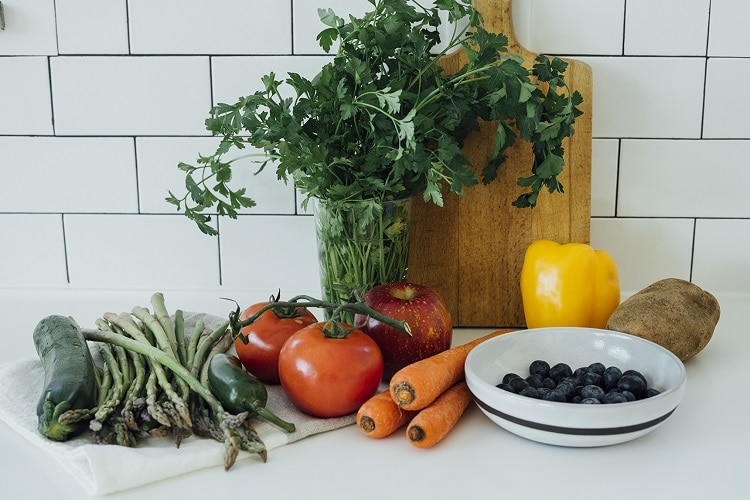
With Valentine’s Day around the corner, get your heart beating in a super-healthy and strong way! And, here’s one more heart-helpful tip: When you grocery shop, cruise the perimeters of the grocery store first, where the freshest and most healthful foods are displayed.
For more information about nutrition and community outreach programs at the hospital, contact Kimberly Knipe, MBA, RD, LDN at (610) 738-2300.
Chester County Hospital is located at 701 E. Marshall St. in West Chester; phone: (610) 431-5000.
- Grocery store, coconut oil & juice photos: Pexels
- All other photos: Dish Works



